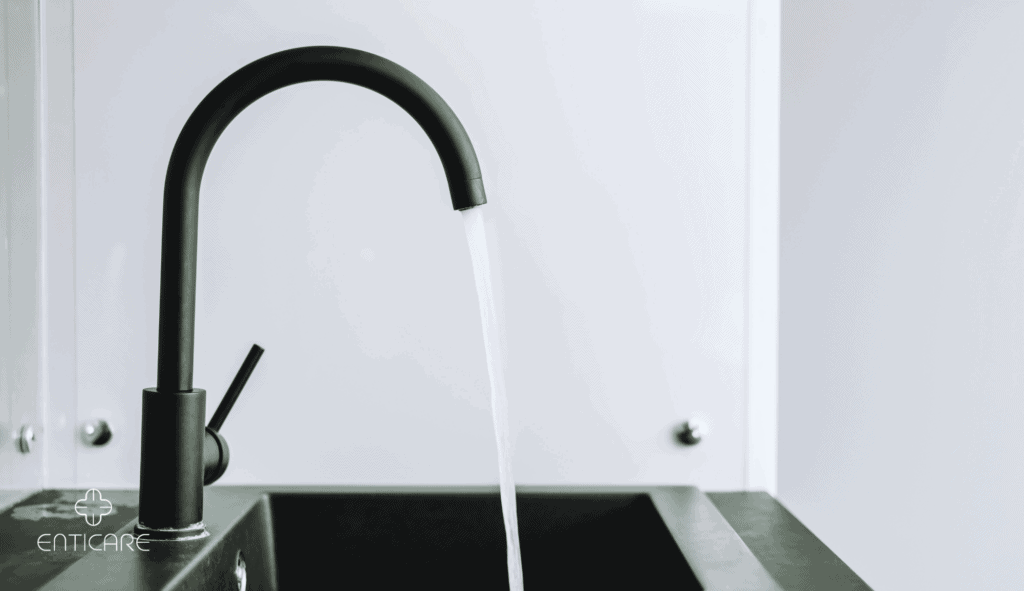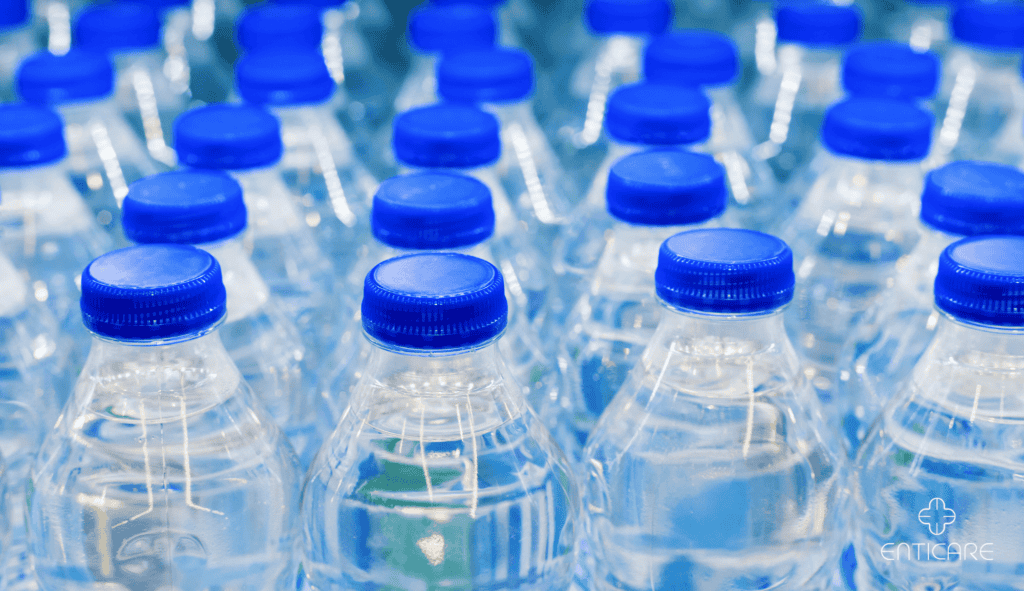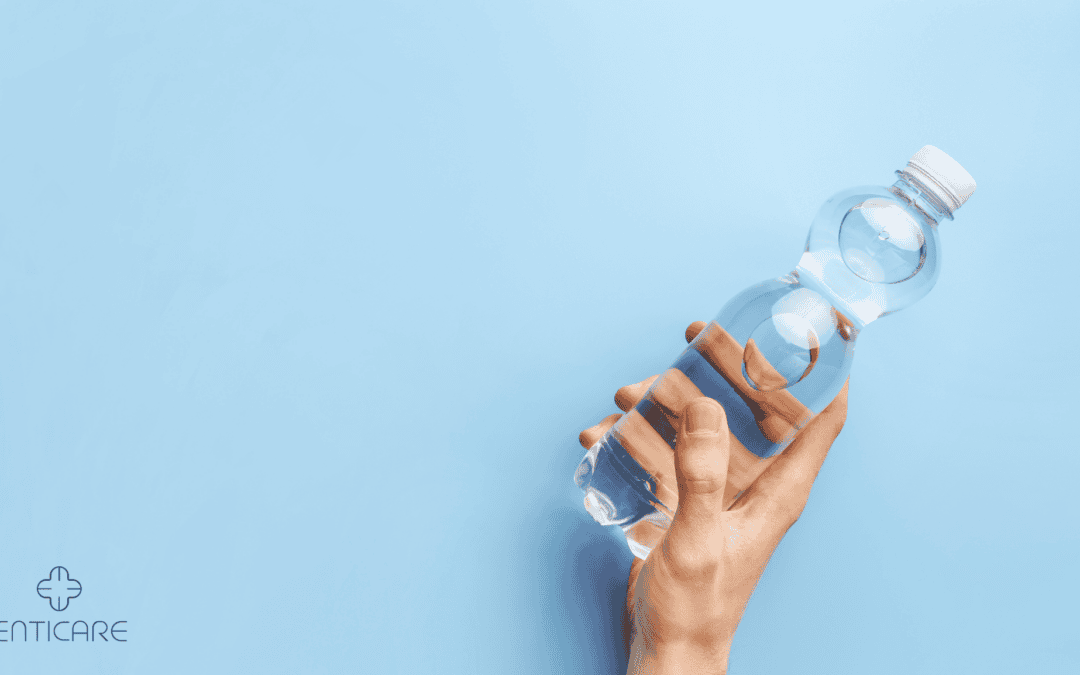Ever woken up with a scratchy throat or a stuffy nose? Dry indoor air, especially during winter, can wreak havoc on your respiratory system. Humidifiers are lifesavers, adding much-needed moisture to the air and easing these discomforts. Humidifiers can be a game-changer, but using the wrong type of water can really corrode, discolour, and deteriorate the water tank. But did you know that the type of water you use in your humidifier can significantly impact its effectiveness and even your health?
Here’s the secret: distilled water is the magic potion for a healthy and efficient humidifier. Tap water, while readily available, contains minerals and chemicals that can cause a host of problems. These minerals, depending on your location, can be anything from calcium and magnesium to chlorine and fluoride.

The Trouble with Tap Water
-
- White Crust: Ever noticed a white film coating your water tank or settling on your throat after using a humidifier with tap water? Those are the very minerals leaving your water as it evaporates into the pressurized air, and depositing along the inside of the tank. This “white crust” can also clog the humidifier’s internal components, reducing its effectiveness.
- Mold and Bacteria Growth: Minerals in tap water can act as a breeding ground for mold and bacteria. If not properly cleaned, your humidifier can become a breeding haven for these harmful organisms. When released into the air, they can cause respiratory problems, especially for those with allergies or asthma.
- Warranty Issues: Some humidifier manufacturers specifically recommend using distilled water and may void your warranty if you use tap water.
Distilled Water to the Rescue!
Distilled water is simply tap water that has undergone a distillation process. This process removes all the minerals and impurities, leaving behind pure H2O.
Here’s why distilled water is the perfect choice for your humidifier:
-
- No White Dust: Since distilled water lacks minerals, it won’t leave any white residue on your tank or irritate your respiratory system.
- Reduced Mold and Bacteria Growth: With no minerals to feed on, mold and bacteria are less likely to thrive in a humidifier filled with distilled water. This minimizes the risk of respiratory problems associated with these organisms.
- Optimal Performance: Distilled water allows your humidifier to function at its best. Without mineral buildup, the internal components remain clog-free, ensuring efficient operation.
- Warranty Friendly: Using distilled water ensures you comply with most humidifier manufacturer’s recommendations, safeguarding your warranty.

Alternatives to Distilled Water
While distilled water is ideal, there are a couple of alternatives:
-
- Demineralized Water: Similar to distilled water, demineralized water has had its minerals removed, making it a suitable option for humidifiers.
- Filtered Water: While not as pure as distilled water, some filters can remove a significant amount of minerals from tap water. However, it’s important to check the filter type and its effectiveness in removing minerals.
Regardless of the water type you choose, regular cleaning and maintenance of your humidifier is crucial. Refer to your manufacturer’s instructions for proper cleaning procedures.
Investing in a humidifier is a great way to combat dry indoor air and improve your respiratory health. However, using the right type of water is essential for optimal performance and to avoid potential health risks. Distilled water is the clear winner, preventing white dust, minimizing mold and bacteria growth, and ensuring your humidifier functions effectively.
Breathe easy and enjoy the comfort of a healthy, well-maintained humidifier! And if you have any questions or would like to explore heated tubing options further, don’t hesitate to contact Enticare, our expert team is here to assist you every step of the way.

